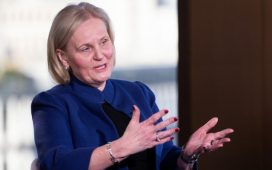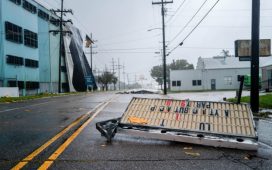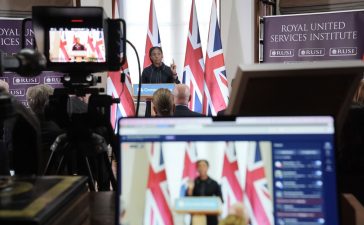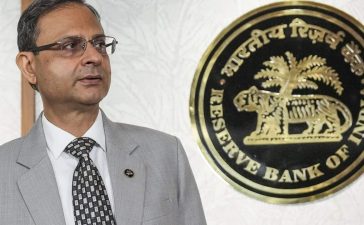Receive free Direct Line Insurance Group PLC updates
We’ll send you a myFT Daily Digest email rounding up the latest Direct Line Insurance Group PLC news every morning.
Insurer Direct Line is to spend £30mn refunding customers after admitting it overcharged some of them for their home and motor cover.
Under rules introduced by regulators last year, insurers have to charge existing customers the same at renewal as they would charge new customers.
Direct Line on Friday said it had not done that in some cases because of “an error in our implementation of these rules”. As a result, it said, some customers had paid a higher renewal price than they should have.
The company said it would refund anyone who had been overcharged. That will cost it £30mn, of which half was provided for in its 2022 results.
The news is a fresh blow to the insurer, whose chief executive left this year after a string of profit warnings and a dividend cut. This week, it appointed Aviva’s Adam Winslow as its new chief executive, though he will not start until next year.
In June, the Financial Conduct Authority ordered Direct Line to carry out a review of claims paid out between 2017 and 2022 after it underpaid some car and van insurance customers.
The company’s share price has almost halved over the past two years. It fell a further 1.7 per cent on Friday.
The FCA’s pricing rules were introduced last year in a bid to stamp out the so-called loyalty penalty — the practice of insurers charging existing customers far more for their policies than they would charge new customers for the same policy.
This is the first time that the FCA has taken action against an insurer for breaching the new rules. “Customers do not need to do anything themselves at this stage. Direct Line Group will be contacting affected customers directly,” the regulator said in a statement on Friday.
The FCA said Direct Line had agreed to a “voluntary requirement” to look into the overcharging issue. A voluntary requirement is an agreement between a company and the regulator to look into an issue but stops short of formal enforcement action.
Paul De’Ath, head of market intelligence at consultancy Oxbow Partners, said: “It’s a bit of a surprise, I would have thought they’d be very careful about making sure they weren’t doing anything outside the rules.
“There will be a reputational impact, particularly for the customers affected.”
In a note to clients, RBC Capital Markets analyst Derald Goh said: “The redress relates primarily to pricing in 2022, but also includes some policy renewals in 2023 . . . [Direct Line] have not disclosed the exact number of policyholders impacted, or the split between motor and home, but have said that the average premium difference was in the low 10s of pounds.”
Car insurance prices have been increasing for all customers in the past year, reaching an all-time high as rising costs for replacement cars, labour and parts push up the amount that insurers are paying out in claims.
Motorists were quoted an average of £776 for motor policies in the second quarter, up a record 40 per cent on the previous year, according to an index from comparison site Confused.com and insurance broker Willis Towers Watson.










